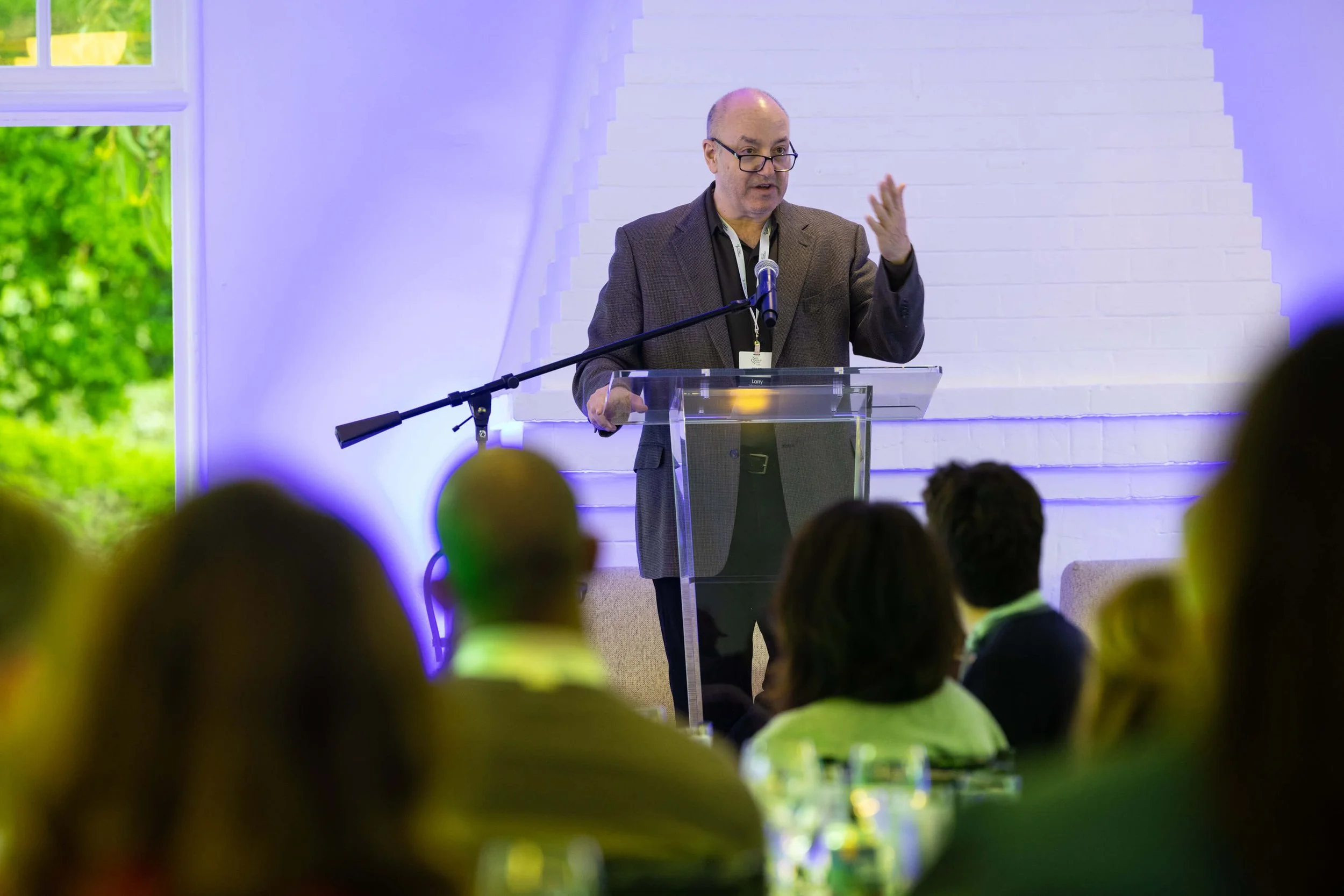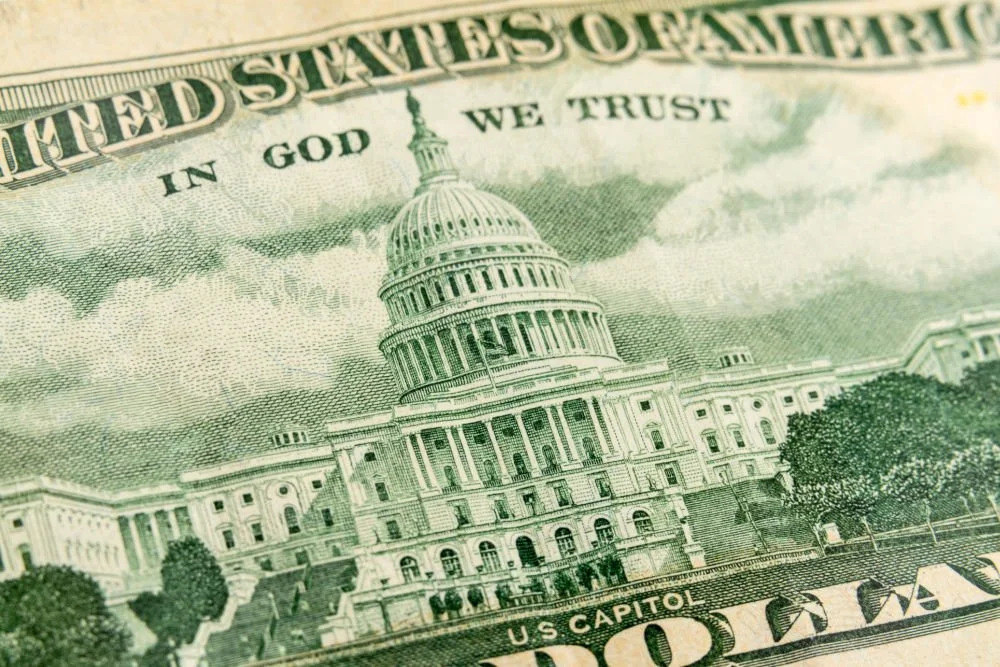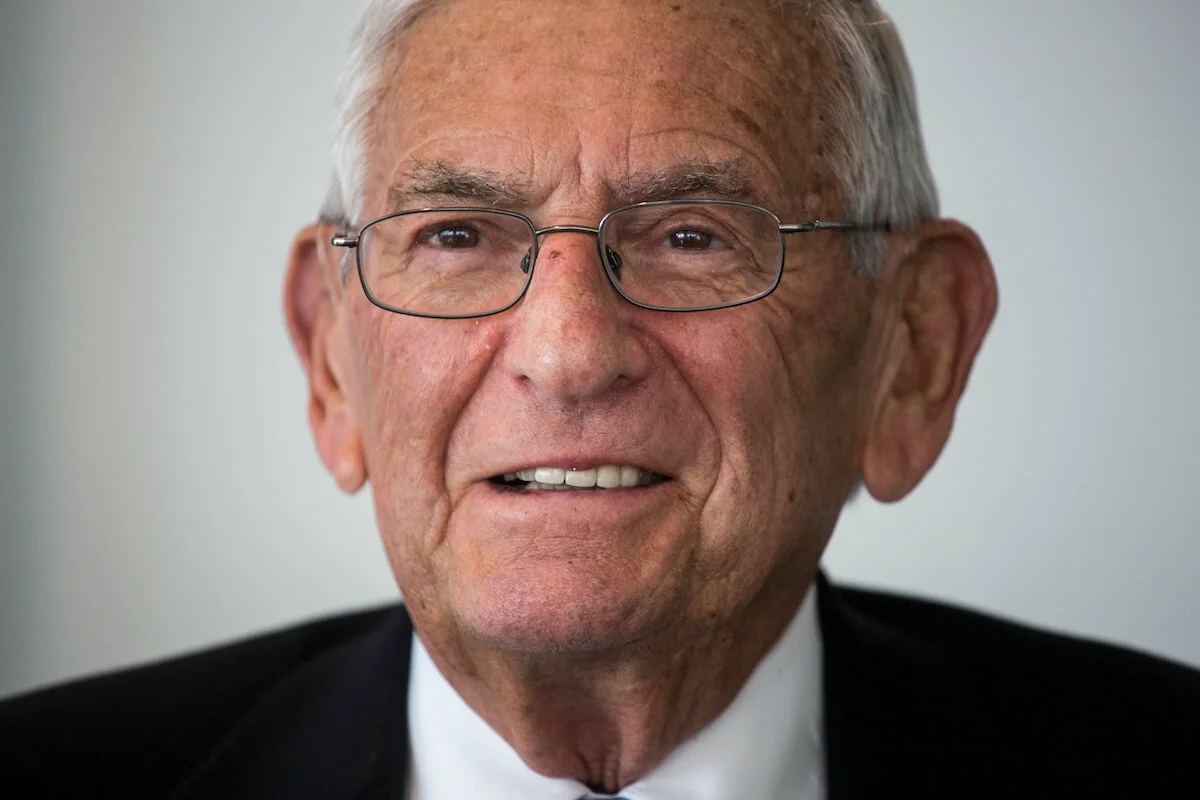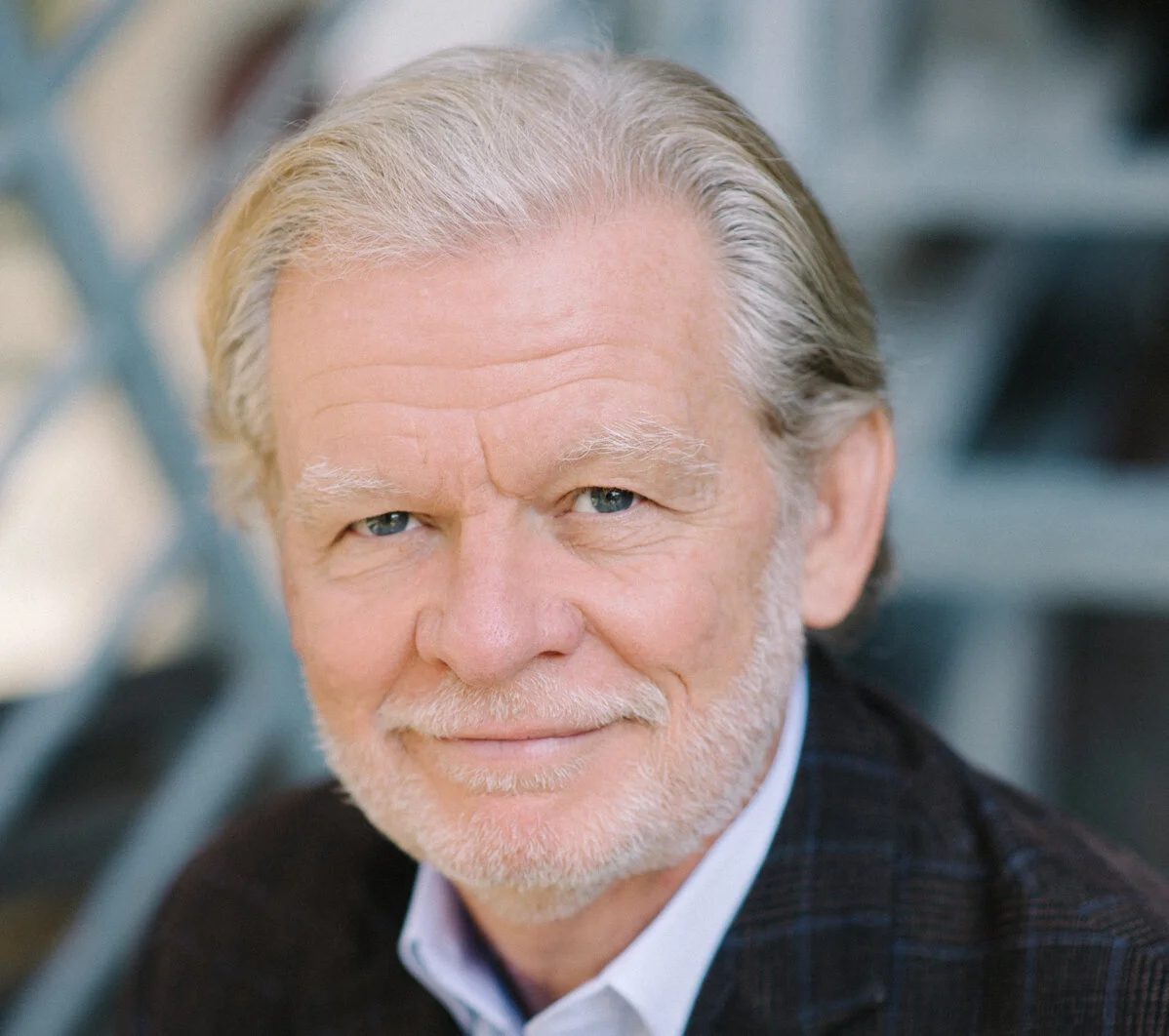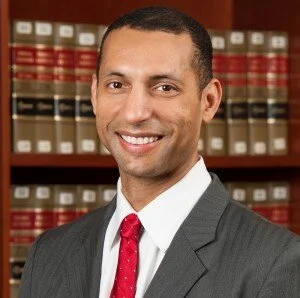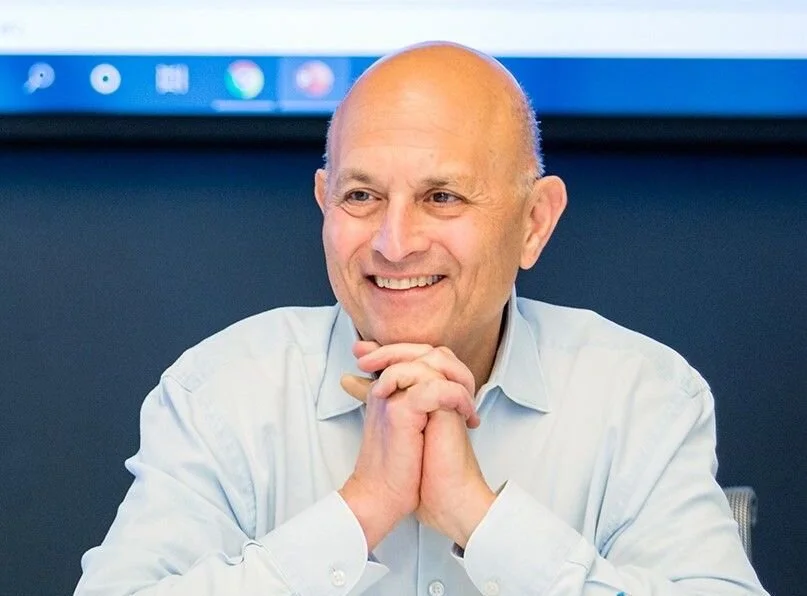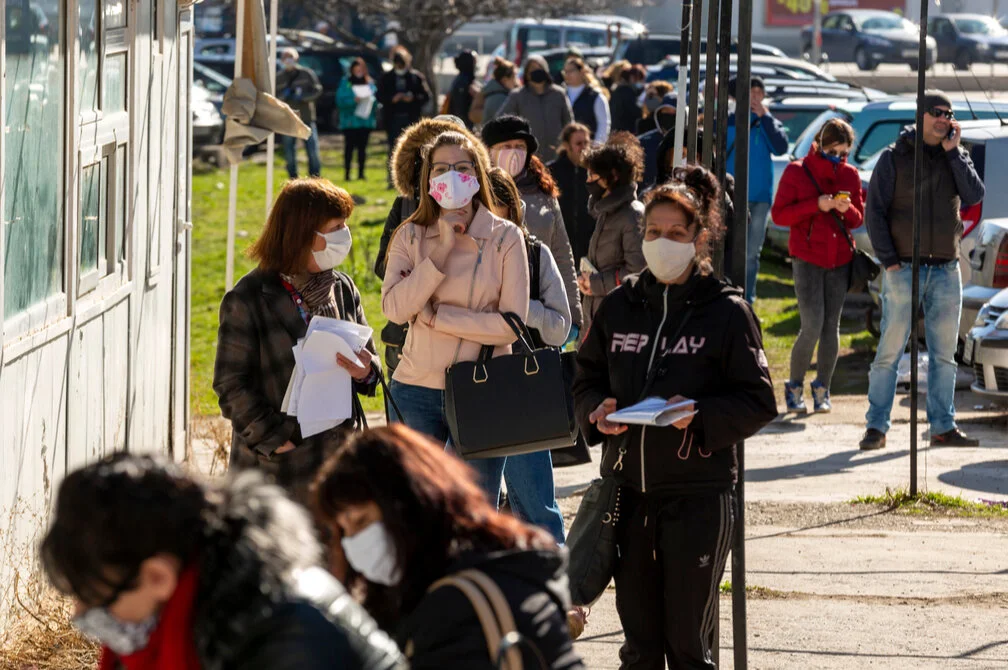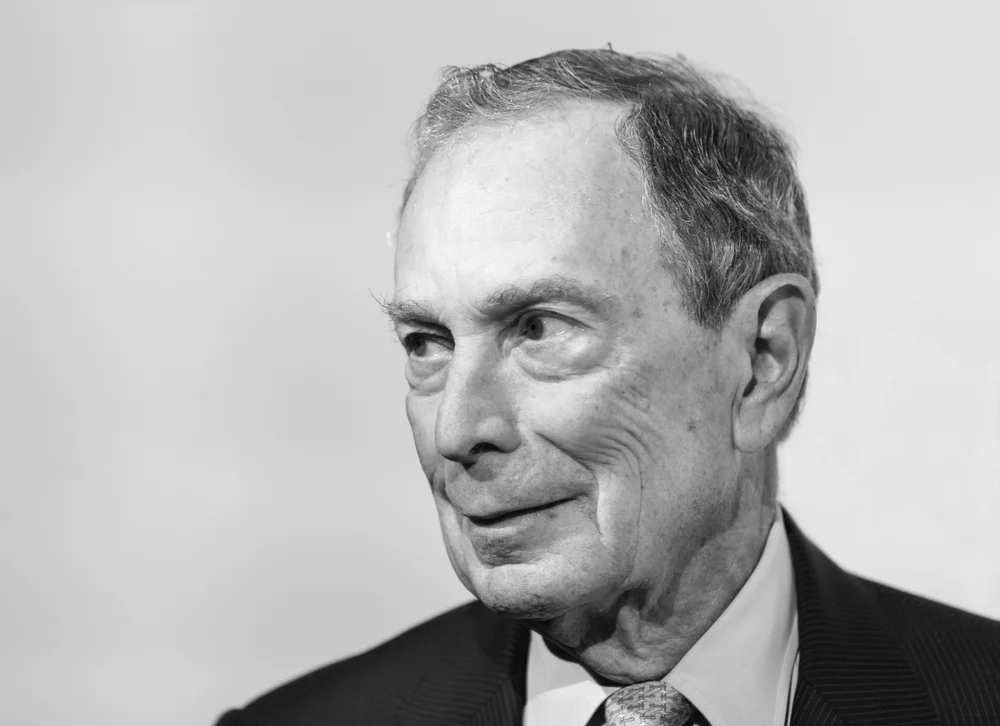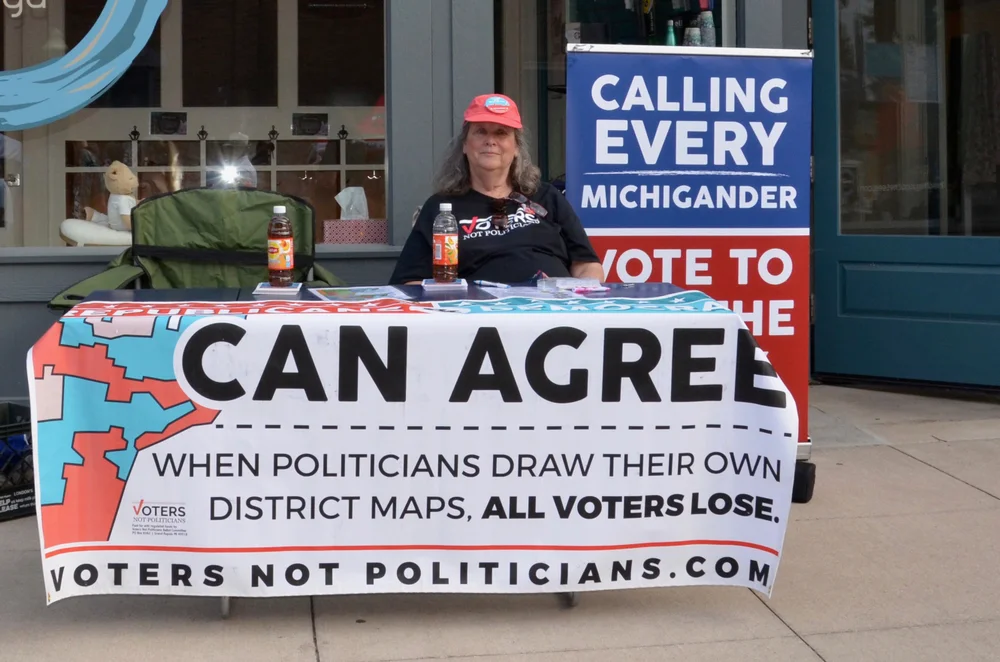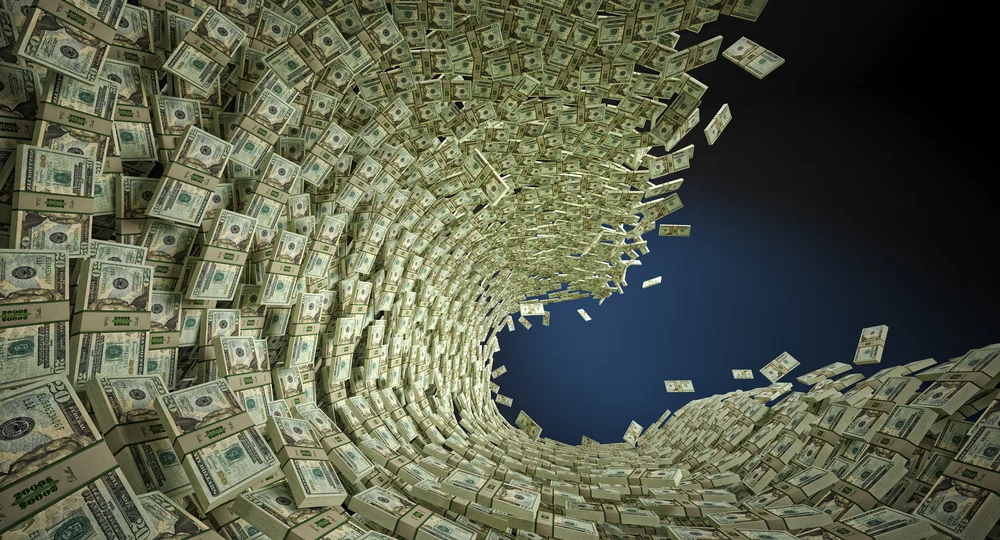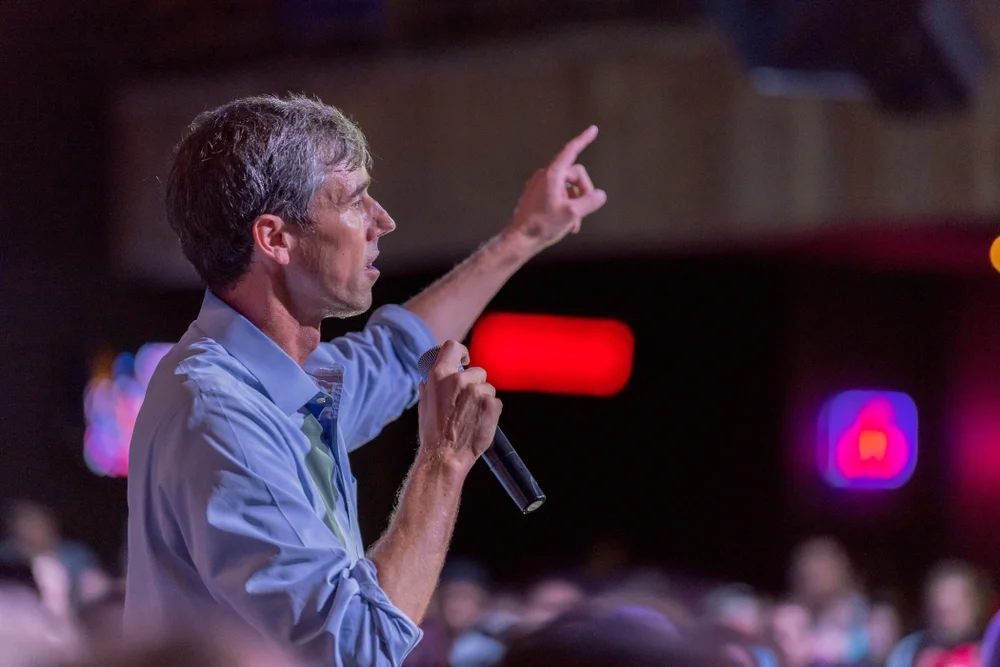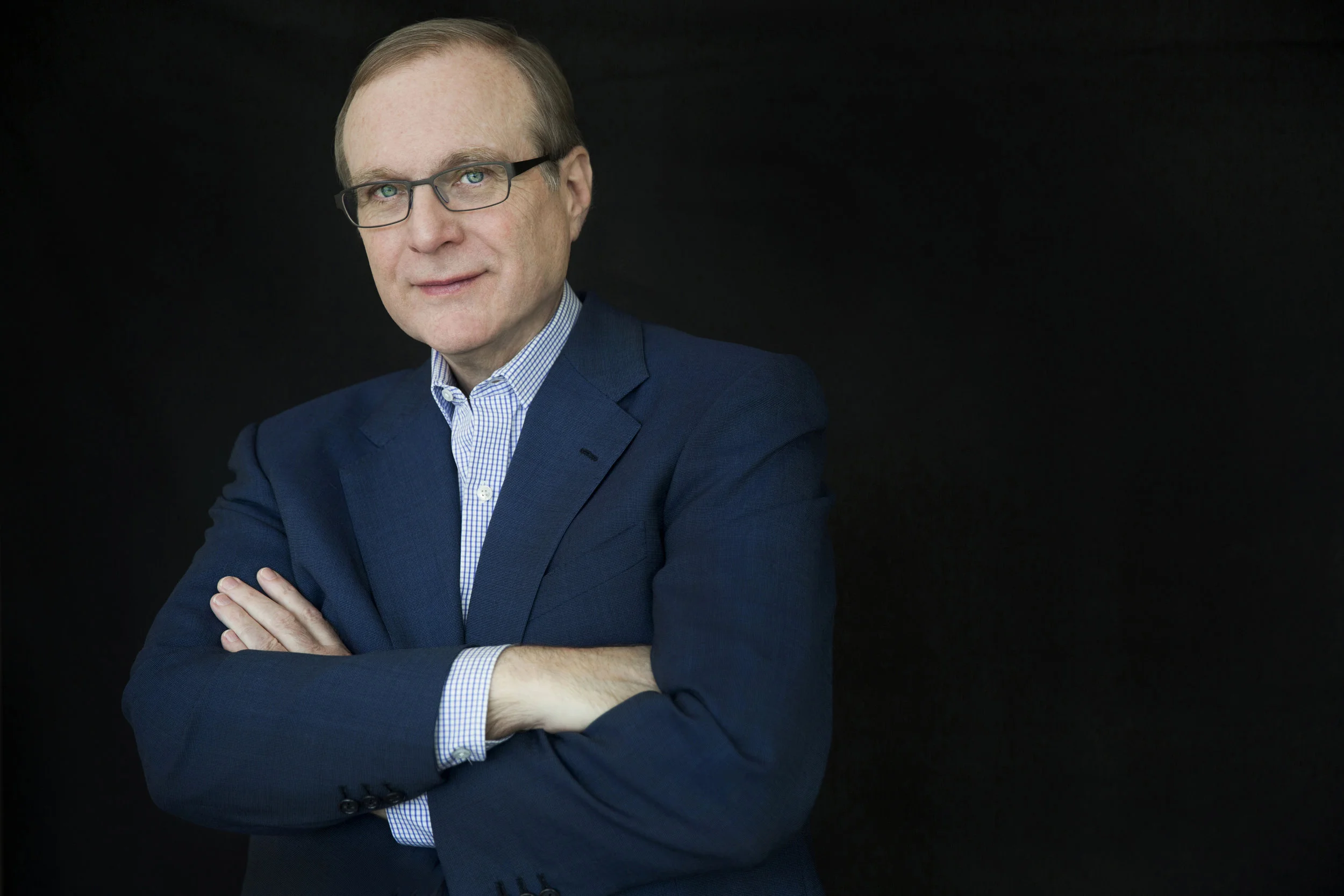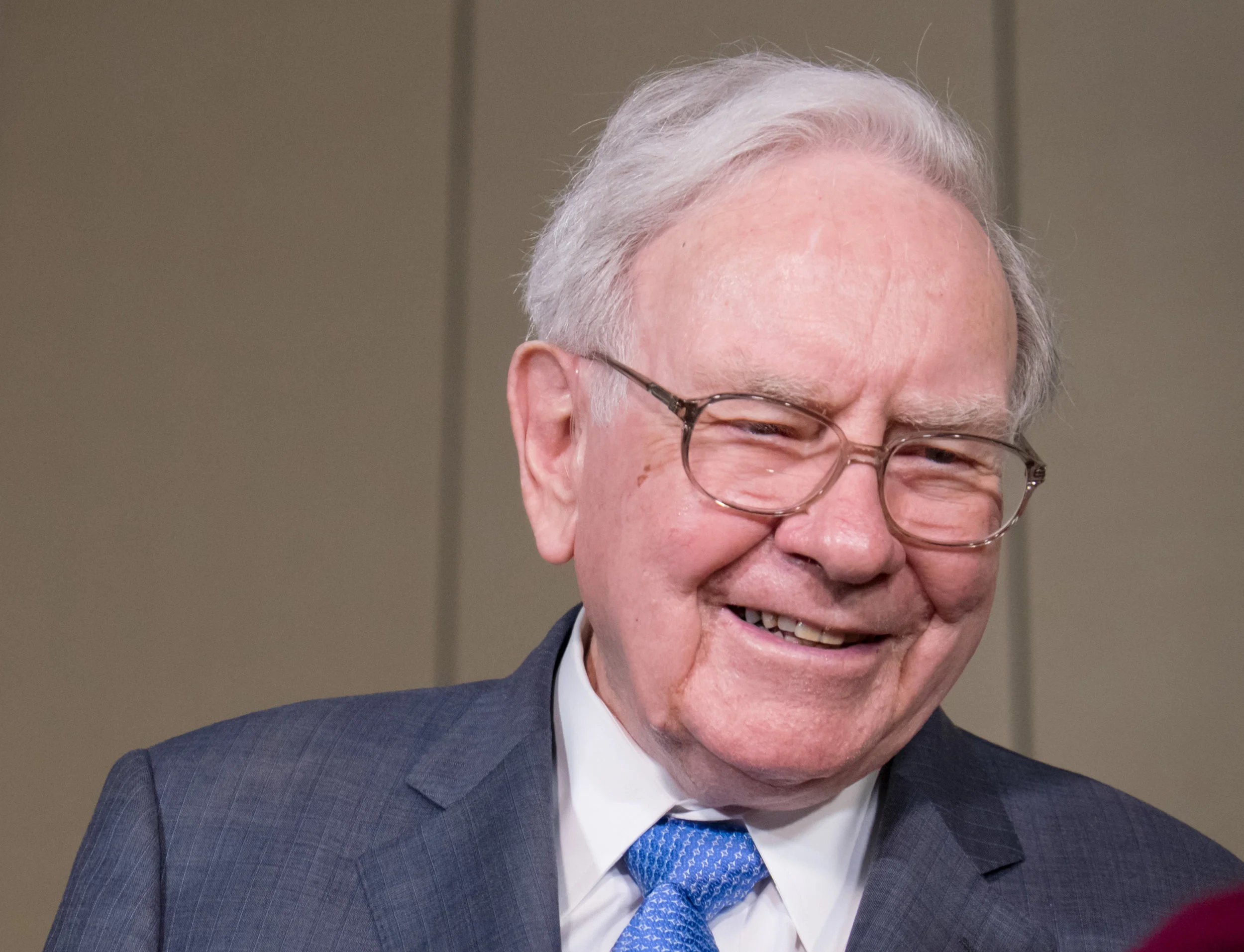Fast-Tracking Plutocracy: How the Tax Bill Will Amplify the Power of Private "Super-Citizens"
/photo: monotoomono/shutterstock
It's not exactly clear just how much the Republican tax bill moving through Congress may reduce charitable giving. But the most recent and authoritative analysis comes from the Tax Policy Center, which estimated last month that individual giving would decline by between $12 and $20 billion in 2018, or between 4 and 6.5 percent.
And that isn't even the worst part of this bill. More alarming is that it will add $1.5 trillion to the national debt, which will increase future pressure to cut government spending. In fact, Republicans have already cited deficit concerns as a reason not to reauthorize the Children's Health Insurance Program. Get ready for more arguments along the same lines.
Even if Democrats run Washington a few years from now and raise taxes again, the current fiscal trajectory will be tough to change. Once the baby boomers start retiring in force and drawing on entitlement programs, federal budgetary pressures will greatly intensify. Already, the portion of the budget that goes to non-defense discretionary spending—which includes things like education, medical research and environmental protection—is at the lowest level since the Eisenhower era, as measured by GDP. It will fall even further as the budgetary screws tighten.
The fiscal picture isn't much brighter at the state and local levels. Actually, it's considerably worse in some places, thanks to decades of deceit and denial on pension obligations, with officials making unsustainable promises. If you want to see how rising pension costs will affect government spending, look at the states like Illinois and California which have already engaged in major cuts to higher education, parks, the arts, and so on.
Meanwhile, I haven't even mentioned the potential fiscal stresses that could arise from future foreign wars or cyberattacks, another recession, or—and this seems like a certainty—a growing number of hurricanes, wildfires, and droughts linked to climate change, which already inflict billions of dollars in damage a year.
To summarize, we're facing a future in which both charitable giving and government spending is likely to decline at the same time.
But here's the thing: The decline in charitable giving will not be uniform. The wealthy have been giving more in recent years, and that trend is likely to accelerate as aging multi-millionaires and billionaires focus on their legacies. The average age of a Forbes 400 member is around 65, and dozens of these folks have signed the Giving Pledge.
Looking ahead, we'll see a further cleavage in who's supporting the nonprofit sector, with civil society growing ever more dependent on wealthy donors as giving by ordinary Americans continues to fall—a trend that was well underway before the tax bill was written.
Related: Hollowed Out: Big Donors, Inequality, and the Threat to Civil Society
Meanwhile, even as the donor class solidifies its growing dominance in civil society, it will also continue to move into parts of American life where government is in retreat. As public spending falls at all levels and in all areas—from local parks and schools to scientific research and global health—wealthy donors and foundations will step forward, or be pulled forward, to do more. That's a trend we're already seeing, as I've pointed out in many articles and in my book, The Givers: Wealth, Power, and Philanthropy in a New Gilded Age.
Add it all up, and the tax bill represents a pivot point, where the United States takes an accelerated trajectory toward something akin to plutocracy.
Many of the new super-citizen mega-givers who are sliding into the driver's seat of American life have the best of intentions. And I've optimistically suggested that what we're looking at here will be a "benign plutocracy."
But that term sounds an oxymoron, doesn't it?
Related: Tilting Upward: Skewed Giving Trends and Inequality in the Nonprofit Sector


